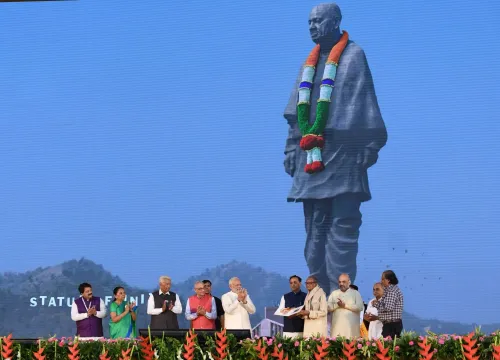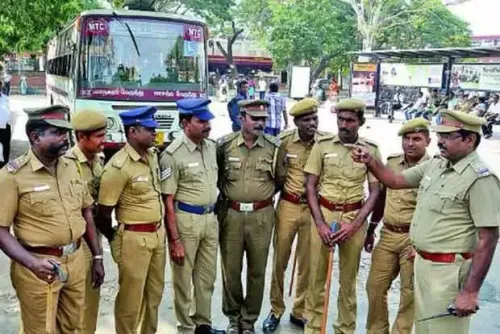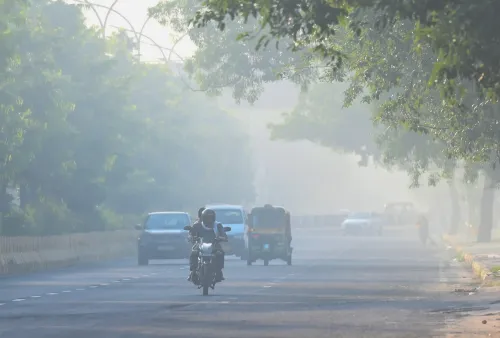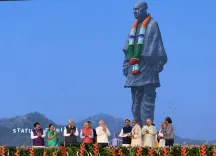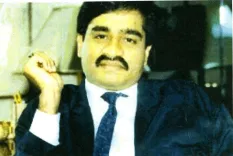Why Were Three Individuals Arrested in Bengal for Anti-India Posts Regarding Operation Sindoor?

Synopsis
Key Takeaways
- Three individuals arrested for anti-India posts in West Bengal.
- Primary teacher among those detained.
- Local BJP leadership played a key role in alerting authorities.
- Charges include promoting sentiments against the Indian government.
- Raises questions about freedom of expression and national integrity.
Kolkata, May 12 (NationPress) Three individuals have been apprehended across two districts in West Bengal on Monday for allegedly posting anti-India remarks concerning Operation Sindoor on social media. Among those detained is a primary teacher assigned to a state-run school.
Local BJP leaders in the respective districts alerted the district police regarding these incidents.
The primary teacher, identified as Shamsher Alam Khan, who is stationed in Egra from the East Midnapore district, is currently in police custody for questioning. Reports indicate that Khan has been making derogatory comments on social media, claiming that India is suffering in its conflict with Pakistan, including a post that featured the slogan "Pakistan Zindabad".
Initially, the police interrogated him regarding his posts. However, due to inconsistencies in his answers, he was detained for further investigation.
Another individual, Milan Sheikh, was arrested in Katwa within the East Burdwan district for similar anti-India posts related to Operation Sindoor. His social media commentary suggested that "India accepted defeat to Pakistan almost immediately after the conflict began. Let us have a Nagin dance to celebrate that." This post also drew the attention of local BJP leaders who subsequently contacted the police.
Authorities have charged Khan under various sections of the Bharatiya Nyay Sanhita, including Section 147 (punishment for waging or attempting to wage war against the Indian government), Section 152 (punishment for acts endangering the sovereignty and integrity of India), and Section 299 (punishment for deliberate and malicious intent to insult religious beliefs).
A third suspect, Imran Sheikh, originally from Murshidabad, was detained in Barjora in the Bankura district due to his similar anti-India posts on social media.

